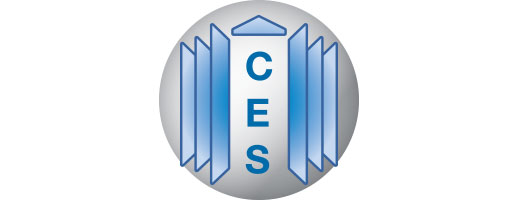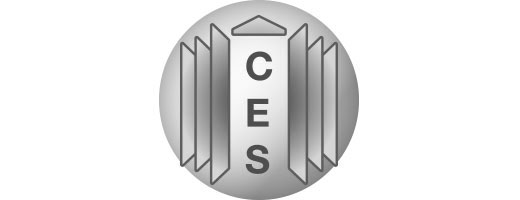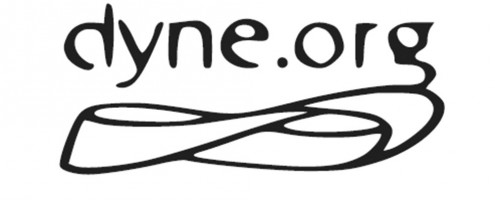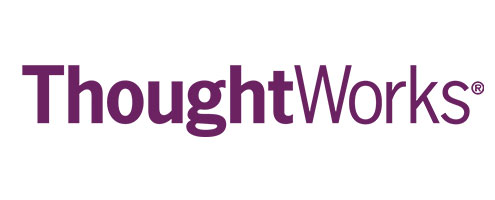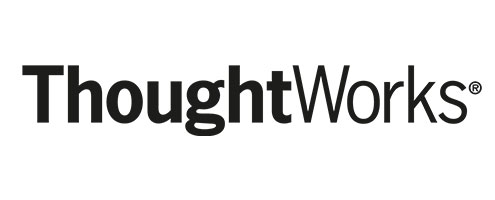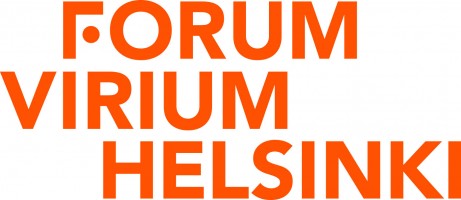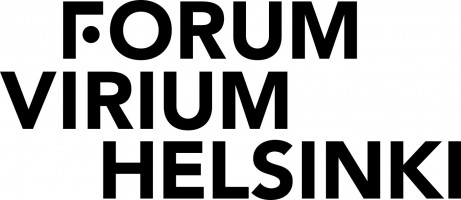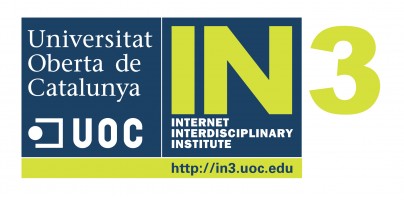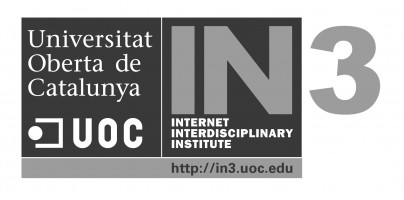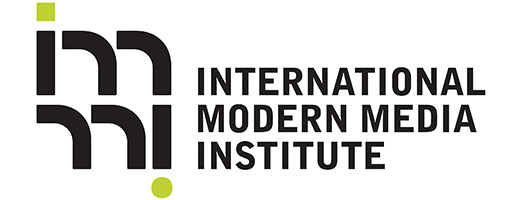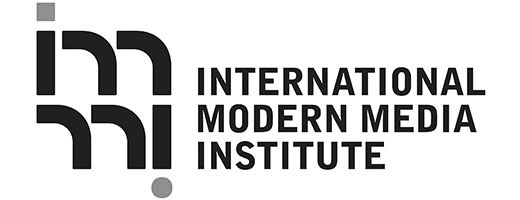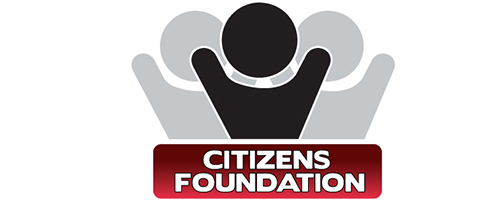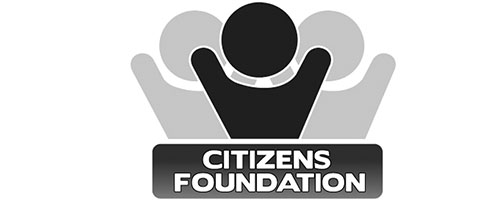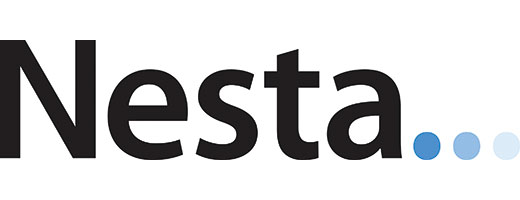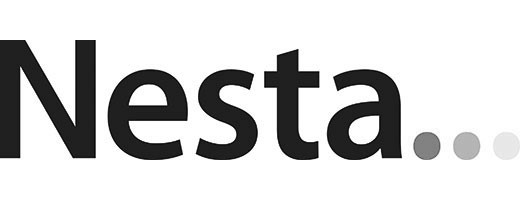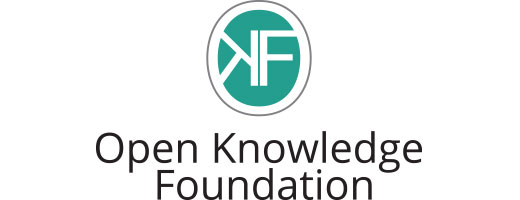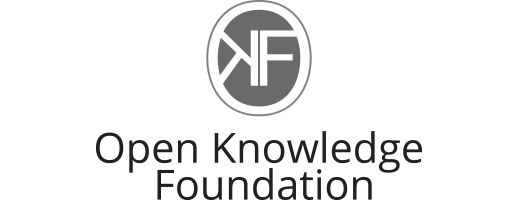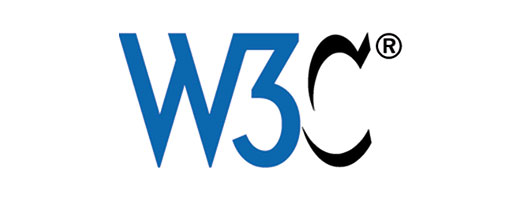D-CENT project started in 2013. Since then, we have conducted workshops with communities in the pilot countries Spain, Finland and Iceland, and did an analysis of distributed social networking, identity eco-systems, social data stores and privacy-aware tools.
We continued by merging the technical findings and existing user requirements into technical requirements for the D-CENT platform. In October the technical design document was ready, and plans for pilot implementation were published in November.

To create the D-CENT user interface, we have made the first set of components, such as buttons and form fields, to construct the front-end. We start from small entities which later on are composed into larger ones, and finally into pages and templates.
This approach allows us to change one object at a time, see how changes affect the user experience and get feedback from users, before committing software development resources into making work-intensive changes.
First prototype: Guanyem Barcelona
This fall, we were ready to build and test the first functional D-CENT prototype. Our real-life user case was Guanyem Barcelona in Spain, a citizen-led coalition attempting to win local city elections next May.
D-CENT was utilized to get people involved into collectively construct the coalition’s ethical code.
For this purpose, we built the first prototype on top of an existing vote and debate tool DemocracyOS, with some upgrades in features and usability.
The codebase of DemocracyOS will offer the basic functionalities for D-CENT. They include: collaborative annotations to documents, user profiles, collective commenting of voting, activity news stream, and a notification engine with users preferences.
The second prototype: HELKA
The DemocracyOS-based prototype was also adopted in Finnish, to be tested with the Helsinki Neighbourhoods Association HELKA, joining together 80 neighbourhood associations operating in Helsinki.
The idea is to utilize D-CENT to improve the collaboration within local neighbourhood groups – linking local entrepreneurs and the civil servants into the process from the beginning.
The first tests have involved local activists and early-adopters working on citizen-led projects in the neighbourhoods. The pilot workshops will help D-CENT continuously improve the tools and their usability.
Next steps
The work with the D-CENT prototype will be advanced by ThoughtWorks, our new technical partner. ThoughtWorks has extensive experience in Lean and Agile development. In the first quarter of the year 2015, we will start to implement a prototype that helps distributing drafts for policy making. It includes collaborative document editing functionalities. Pilot needs will be merged with technical standards and improvements from previous research.
In Spain, we continue to work with Guanyem Barcelona. The second version of the coalition’s ethical code has already been shared for further validation. Over 800 people have validated the text. Our next goal is to get also people to co-write the text and continue commenting.
For the piloting in Finland, D-CENT will have an alert feed that fetches information from the award-winning open API for decision-making information of the City of Helsinki. The user can sign up to be alerted when the city council or committee handle issues of ones interest. When something comes up, one can act and start to influence decision-making.
In order to decide which new features to add, we rely on a constant feedback loop established between users and the software developers. The application is built through the pilots with a view to solve real and concrete problems. The platform will be developed through a series of small iterations. The functionalities will be further refined, until user needs are satisfied and concrete progress is measured.




